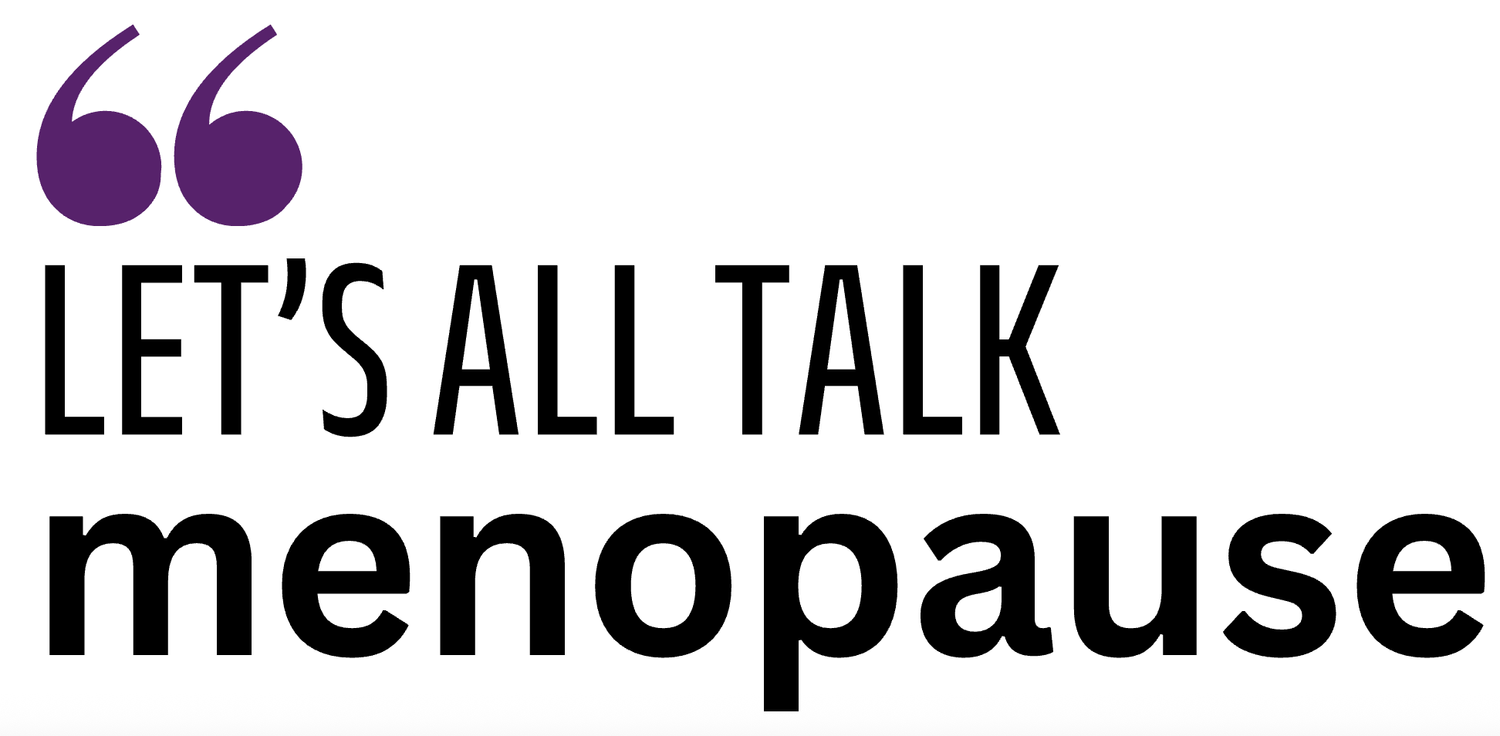Prepping for Menopause Earlier with Joy Wisdom
Menopause is a pivotal stage in a woman's life, bringing about various changes. This guide explores how early preparation can make the transition smoother.
Why Start Early?
Getting ready for menopause in your 20s and 30s can make a big difference. Early signs of hormonal changes often show up as menstrual issues, hinting at imbalances that need attention. As Joy Wisdom notes, "The more we can prevent, the more we can avoid."
Spotting Hormonal Imbalances
Hormonal imbalances can begin as early as puberty. If you experience heavy periods, it might indicate an imbalance in oestrogen and progesterone. Testing can help, but symptoms don't always match test results. Joy Wisdom emphasises, "We need to look at how we can help to correct that."
Keeping Track of Menstrual Health
Monitoring your menstrual health from a young age is crucial. It can highlight long-term hormonal issues and help catch conditions like endometriosis early. Knowing your cycle and spotting changes can lead to timely action. "Tracking and being aware of hormonal imbalances... is a red flag for us to start looking at something," says Wisdom.
Lifestyle and Nutrition Tips
Healthy habits in your younger years can ease menopause later. A diet rich in iron and magnesium is vital, especially if you have heavy periods. Iron aids oestrogen metabolism, while magnesium can reduce cramps and improve sleep. Wisdom advises, "By changing those things, we can then help to start to build up some resistance."
Exercise and Managing Stress
Regular exercise, suited to your needs, boosts overall health. Managing stress is just as important, as it can worsen hormonal imbalances. Techniques to reduce stress and support adrenal health are essential. "We need to be more in the focus of, we need help, we need support," Wisdom highlights.
Hidden Factors to Consider
Iron levels, mineral deficiencies, and adrenal health play a big role in hormonal balance. Regular checks and the right supplements can prevent issues. Vitamin C helps with iron absorption, and magnesium supports many body functions. Wisdom points out, "Iron is so, so important."
Working with Healthcare Professionals
It's important to get personalised care from healthcare professionals. Blood and hair tests can reveal hidden deficiencies and guide dietary changes. Knowing your family medical history, especially on the female side, can offer more insights. Wisdom advocates for "integrated personal care."
Final Thoughts
Menopause is a natural process, but being prepared can make it easier. By focusing on hormonal health, lifestyle choices, and nutrition, women can handle this transition more comfortably. Listen to your body and seek professional advice to stay healthy during menopause. As Wisdom concludes, "Think about you, because your family needs you."
